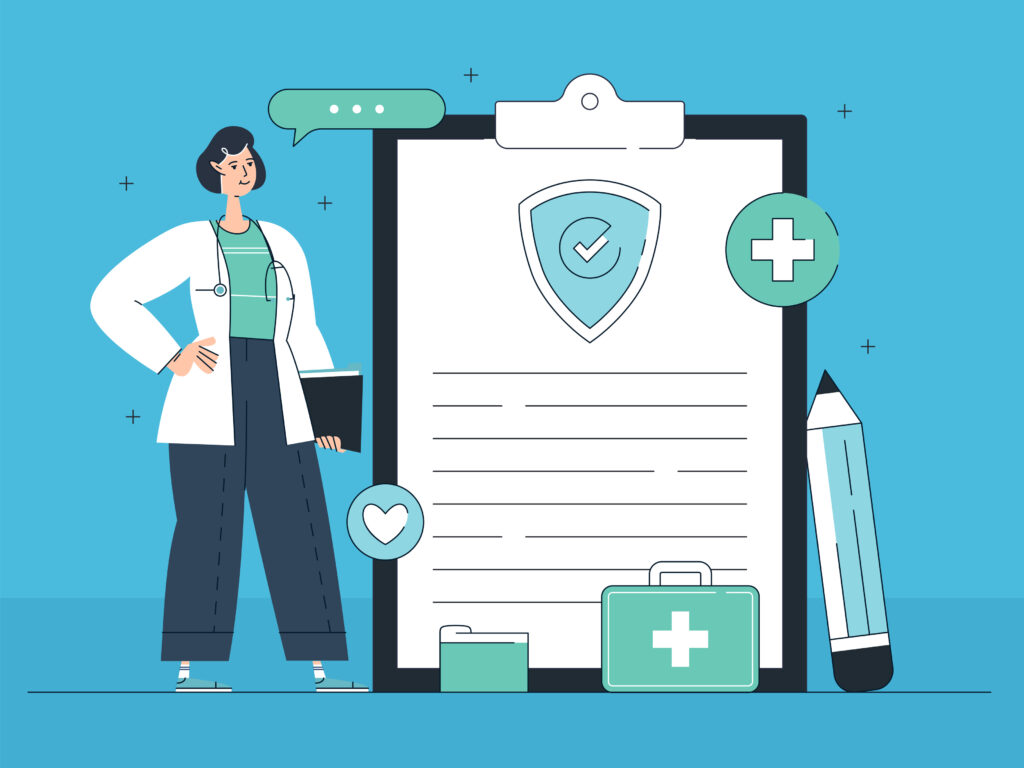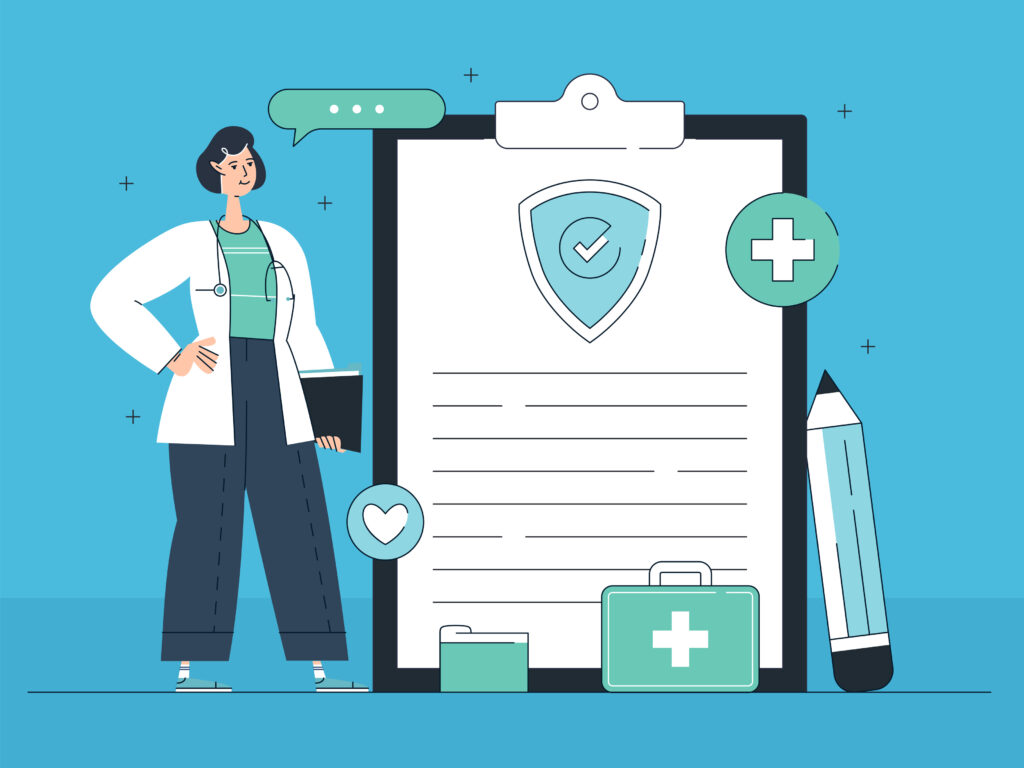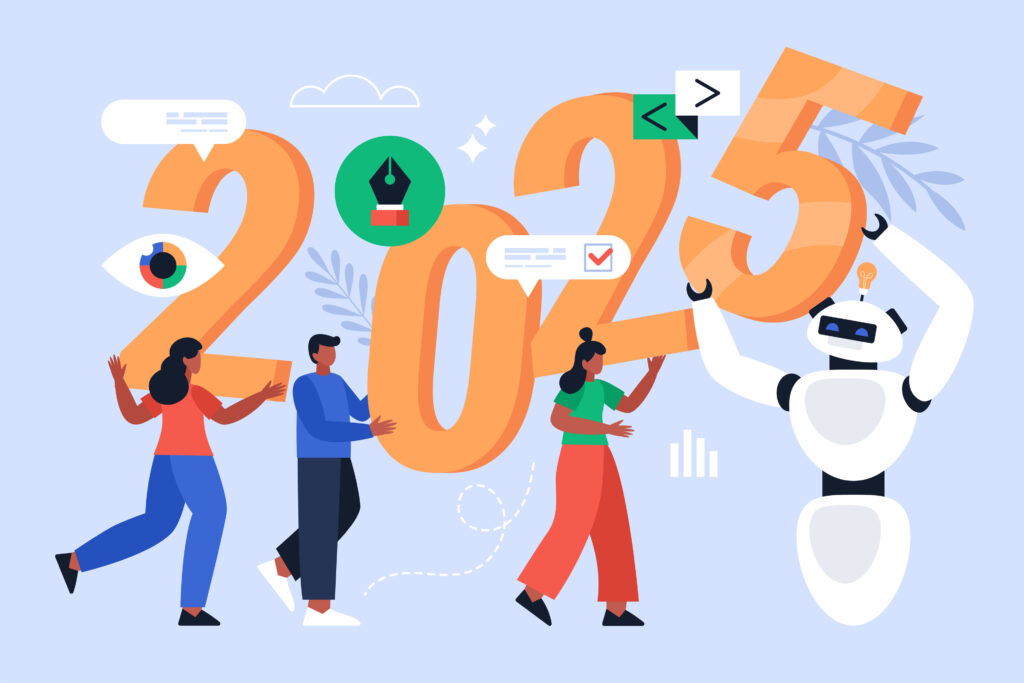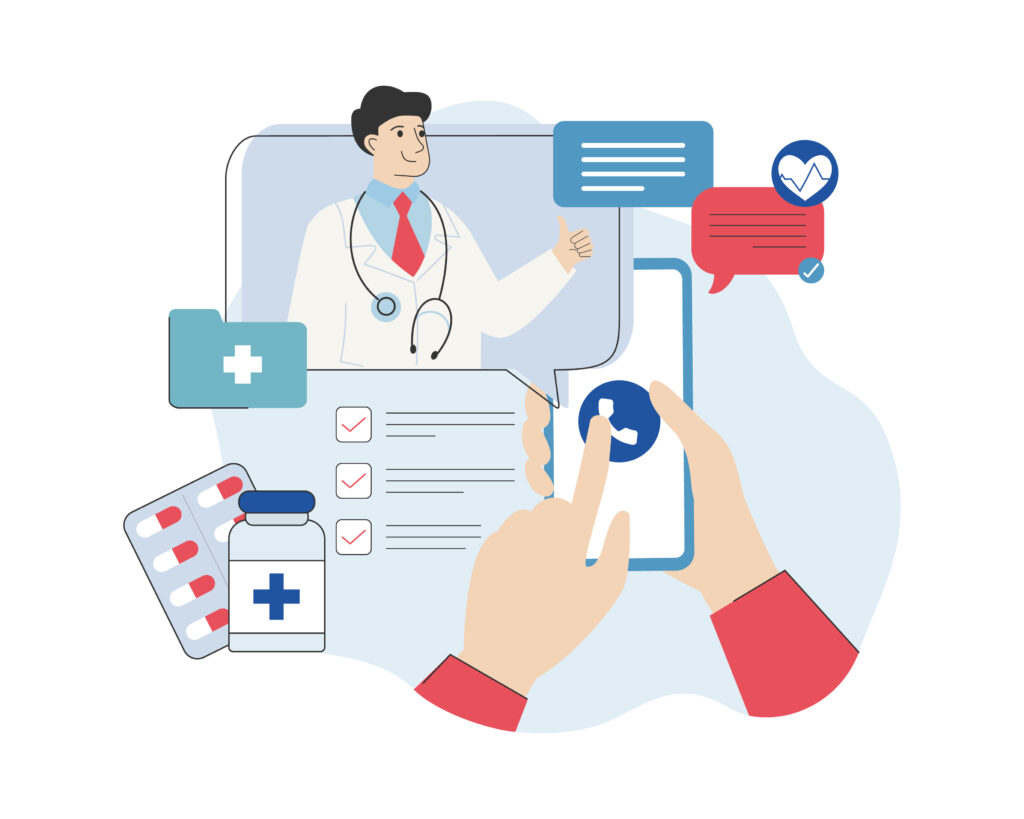Digital Marketing
Explore our library of digital marketing articles and discover the digital marketing tips you need to boost your digital visibility.
SMG Marketing Makeover 2025 – What’s Working, What’s Not, and What’s Next
The digital marketing landscape in 2025 is undergoing a significant transformation, driven by advancements in AI, evolving consumer behaviors, and new platform dynamics. To stay ahead, businesses must adapt to these changes, embracing innovative strategies while reevaluating traditional approaches. From advertising tools powered by artificial intelligence (AI) to the shift away from traditional SEO strategies,…
A Guide to Marketing Automation Using AI: How Artificial Intelligence Is Changing Marketing Forever
Marketing automation has long been a cornerstone of modern digital marketing strategy. It enables marketers to streamline repetitive tasks, nurture leads, and improve campaign efficiency. However, the integration of artificial intelligence (AI) into marketing automation is completely redefining what is possible. At Sachs Marketing Group, we stay on the cutting edge of AI trends, helping…
10 Digital Marketing Ideas for Doctor’s Offices
10 Digital Marketing Ideas for Doctor’s Offices In today’s digital age, having a strong online presence is no longer optional—it’s essential. For doctor’s offices, this means leveraging digital marketing strategies to attract new patients, retain existing ones, and build trust within the community. At Sachs Marketing Group, we specialize in helping healthcare providers navigate the…
14 Valentine’s Day Marketing Ideas
Looking for Valentine’s Day marketing ideas for your business? Valentine’s Day is a holiday that presents an opportunity for businesses to connect with customers and drive results through targeted digital marketing campaigns. A successful digital marketing campaign leverages multiple channels and strategies to reach customers and promote products and services. This can include identifying the…
Local SEO for Doctors: A Complete Guide
Boost Your Practice’s Visibility with Local Search Engine Optimization (SEO) for Doctors In today’s competitive healthcare market, standing out is critical. Local search engine optimization for doctors helps your practice rank higher in search results, making it easier for patients in your area to find and choose your services. At Sachs Marketing Group, we specialize…
What It Takes to Run a Successful Digital Marketing Campaign in 2025
The digital marketing landscape is constantly evolving, driven by rapid technological advancements, shifting consumer behaviors, and ever-changing algorithms on search engines and social media platforms. In 2025, businesses face an even more competitive and complex digital environment, where success hinges not just on visibility but on creating meaningful connections with audiences across multiple channels. Today’s…
12 Holiday Marketing Ideas that Attract Customers
12 Holiday Marketing Ideas that Attract Customers Looking for some holiday marketing ideas that will help align your brand with your customers during the holidays? Holiday marketing is essential for businesses aiming to capitalize on the festive season’s sales potential. Effective holiday campaign planning involves starting early, strategic planning, engaging campaigns, and utilizing various channels…
How to Create a Digital Marketing Strategy (7 Steps)
Creating a digital marketing strategy involves identifying your audience, defining your objectives, evaluating competitors, and determining your marketing channels. You should also outline your content strategy, set up reporting tools to track performance, and delegate responsibilities to your team. Each step should align with your business goals for maximum effectiveness. Are you struggling to gain…
10 Thanksgiving Marketing Ideas that Attract More Customers [2024]
Implementing Thanksgiving marketing ideas online can significantly boost a small business’s visibility and sales. Incorporating seasonal themes and symbols into holiday marketing campaigns can enhance their impact, making them more memorable and engaging. This strategy also taps into the increased holiday shopping traffic, potentially attracting new customers and enhancing brand recognition during a key retail…
10 Actionable Tips for Small Business Marketing in 2024
There are many tips for small business marketing, but three of the most important are building a strong organic presence through SEO, leveraging social media marketing to connect with your audience, and deploying highly targeted PPC ads to reach your ideal customer demographic. For the best results, measure your efforts across multiple marketing channels, track…
AI in Digital Marketing: A Guide for Small Business Owners
AI in digital marketing is like a super-powered marketing assistant. Business owners can use AI for website design inspiration, certain areas of SEO research, content strategy, PPC ad targeting, social media calendar planning, reputation management, and customer service. It may not be able to provide specific data, but it can provide guidance that helps streamline…
10 Mental Health Marketing Tips for Mental Health Awareness Month
Mental health professionals must leverage Mental Health Awareness Month in their May marketing strategy. This not only boosts their visibility and combats stigma but also educates the public on crucial mental health issues. This strategic focus allows providers to showcase their empathy and expertise, enhancing their connection with potential clients and emphasizing the importance of…
What Services Do Digital Marketing Agencies Offer?
Digital marketing agencies offer a wide array of services including SEO, social media marketing, PPC advertising, web design and development, content creation, email marketing, and reputation management. These services help businesses improve their online presence, attract more traffic, and engage with their audience effectively. Many business owners struggle to make their mark in the crowded…
Online vs. Offline Marketing Strategies for Small Business
There are clear differences between online vs. offline marketing strategies for small businesses. Online marketing offers unparalleled audience targeting and analytics but demands digital savvy and constant adaptation to evolving platforms. Offline marketing strategies provide a tangible, personal touch and local impact but often come with higher costs and challenges in tracking ROI. Are you…
24 New Year’s Marketing Resolutions for Small Businesses [2024]
In the dynamic world of digital marketing, setting New Year’s resolutions can be a game-changer for small businesses. It’s a chance to refresh strategies, adopt new technologies, and stay ahead of the curve, ensuring your business remains competitive and relevant. The start of a new year symbolizes new beginnings and opportunities, especially for small businesses…
The Top 2024 Digital Marketing Trends to Explore Next Year
There are some exciting 2024 digital marketing trends on the horizon! In the fast-paced world of digital marketing, staying ahead of the curve is a constant challenge. As trends and technologies evolve quickly, businesses must adapt quickly to remain relevant. Embracing change and innovation is key to thriving in this dynamic environment. In the realm…
What Does A Digital Marketing Agency Do?
A digital marketing agency provides comprehensive strategies and solutions to enhance a business’s online presence. Leveraging expertise in various digital channels, these agencies aim to improve brand awareness, drive customer engagement, and increase sales through a range of digital marketing tools and techniques. Navigating the digital marketing landscape can be a daunting challenge for most…
How to Measure Digital Marketing ROI for Your Business
Measuring digital marketing ROI entails tracking conversions related to your digital campaigns, assessing the revenue generated from these campaigns, and comparing this to the cost of running the campaigns. This calculation provides invaluable insight into the effectiveness of your marketing spend. Understanding the return on investment (ROI) for digital marketing efforts is not just about…
5 Powerful Benefits of Omnichannel Marketing
There are several benefits of omnichannel marketing, including consistent brand messaging, a smoother customer journey, higher customer retention, increased revenue, and better customer insight. When it comes to modern digital marketing, businesses face the problem of scattered customer attention across multiple platforms. An omnichannel marketing approach can be the solution to this, seamlessly integrating your…
Start Marketing Your Business Online (10 Easy Steps)
You can market your business online by leveraging various digital channels such as search engines, social media, email, and content marketing. Employing a multi-faceted strategy helps reach a wider audience and increases the chances of converting leads into customers. Marketing your business online can be a daunting task. With so many platforms and strategies to…
12 Digital Marketing Strategies for E-commerce
There are several digital marketing strategies for e-commerce that can effectively drive traffic, increase conversion rates, and boost sales. From search engine optimization to influencer marketing, there are myriad ways to engage consumers and promote your products or services. The rise of online shopping has made e-commerce more competitive than ever, creating a pressing need…
10 Benefits of Hiring a Digital Marketing Agency
The benefits of hiring a digital marketing agency include expert guidance, a wealth of experience, and the ability to focus on your core business operations while experts handle your marketing needs. They also offer cost-effectiveness, innovative strategies, and analytical data to gauge your ROI. Have you ever wondered why your business isn’t seeing the growth…
7 Powerful Digital Marketing Strategies for Small Business
Digital marketing strategies for small businesses encompass a range of online marketing techniques and tools to reach and engage a targeted audience. These strategies are vital for small businesses aiming to increase their online visibility, attract new customers, and compete with larger companies. Many small businesses struggle to establish a strong online presence and compete…






























